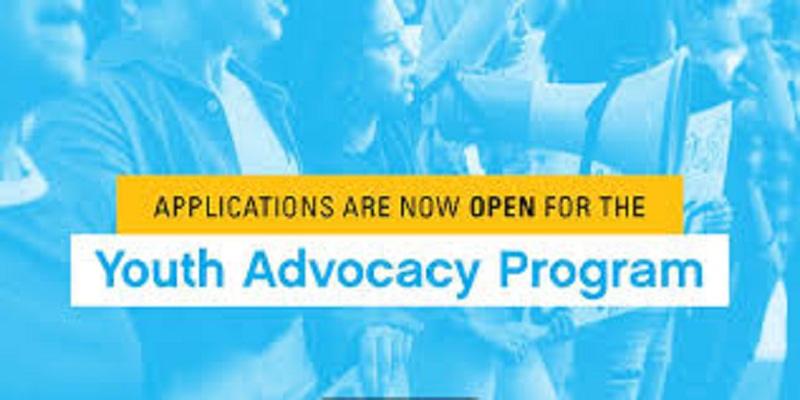Harvard University Fellowship 2024 (Fully Funded): (Deadline Ongoing)
Details
HUCE created the Environmental Fellows program to enable recent doctorate recipients to use and expand Harvard’s extraordinary resources to tackle complex environmental issues. Fellows work for two years with Harvard faculty members in any school or department to form a community of researchers that strengthens connections across the University.
The Award:
The fellowship includes a salary of $87,500 per year, employee health insurance eligibility, up to $2,500 reimbursement for relocation expenses, and a $2,500 annual allowance for travel and other professional expenses. The Environmental Fellows Program is open to anyone with a doctorate or comparable terminal degree awarded between May 2020 and August 2024. HUCE expects to award approximately six fellowships for the 2024 cohort.
HUCE organizes a co-curricular program to ensure that the fellows get to know each other and each other’s work. All fellows join in biweekly dinners along with Harvard faculty and a speaker from amongst the Harvard faculty.
Selection Criteria:
- Applicant’s prior academic and professional success and their potential contribution to scholarship or practice
- Project proposals are carefully evaluated by a committee of HUCE faculty. The proposed project should represent an independent line of inquiry, clearly extending beyond the candidate’s PhD work as well as the host’s ongoing research. The relevance of the proposed work for addressing environmental issues, along with demonstration of excellent potential for intellectual achievement, are critical factors in the selection process.
- The selection committee will select a group of fellows in 2024 who will complement those selected last year, creating a group of approximately a dozen scholars with a diverse set of academic interests, skills, and backgrounds. Recipients—and hosts—may include people with degrees in the sciences, economics, law, government, public policy, public health, medicine, design, and the full array of humanities. Their research topics will be equally varied.
- Harvard candidates: those receiving terminal degrees from Harvard and post-docs currently working at Harvard are eligible for the fellowship provided their research and host arrangements take them in new directions that are significantly distinct from their PhD research and forge new connections within the University. Harvard candidates should not propose to continue to work with the same professors or groups with whom they are currently associated, nor should their proposal be an extenuation of their current work.
- Interdisciplinary research projects are encouraged, although this is not a requirement for the fellowship, and candidates with interests in a single discipline are also encouraged to apply.
- Host’s commitment: Further important considerations are the host faculty member’s enthusiasm for the proposed project and fellow, the host’s ability to mentor the fellow, and their ability to provide office space and a productive work environment.
- Interview: A select group of applicants will be asked to further discuss their proposal over video with the selection committee.
Finding a Host:
Potential candidates should start early to identify and establish a relationship with a Harvard faculty member to host their research. The host will be a mentor to the fellow and will provide office space and basic administrative support. In agreeing to be a host, the faculty member is making a significant commitment.
Successful candidates will be enthusiastically recommended by their proposed host. Each applicant’s host must submit a letter of support (maximum of two pages) to the selection committee describing in detail the level of commitment to the research and the candidate. Often Harvard faculty members are approached by many would-be applicants. Some faculty members conduct their own selection process to identify one or two applicants for recommendation to the selection committee.




